Summary
- Paladin is challenging due to hybrid roleplay and combat mechanics.
- Rogues need mastery of Sneak Attacks and positioning in battles.
- Clerics struggle with managing multiple domains and roles in a party.
There are many different classes in Dungeons & Dragons, each with its unique gameplay style that favors a different approach. While some options are quite easy to grasp their abilities and roles during adventures, others possess more complexity that, especially for a novice player, can impose various challenges to understand everything these options are capable of doing.
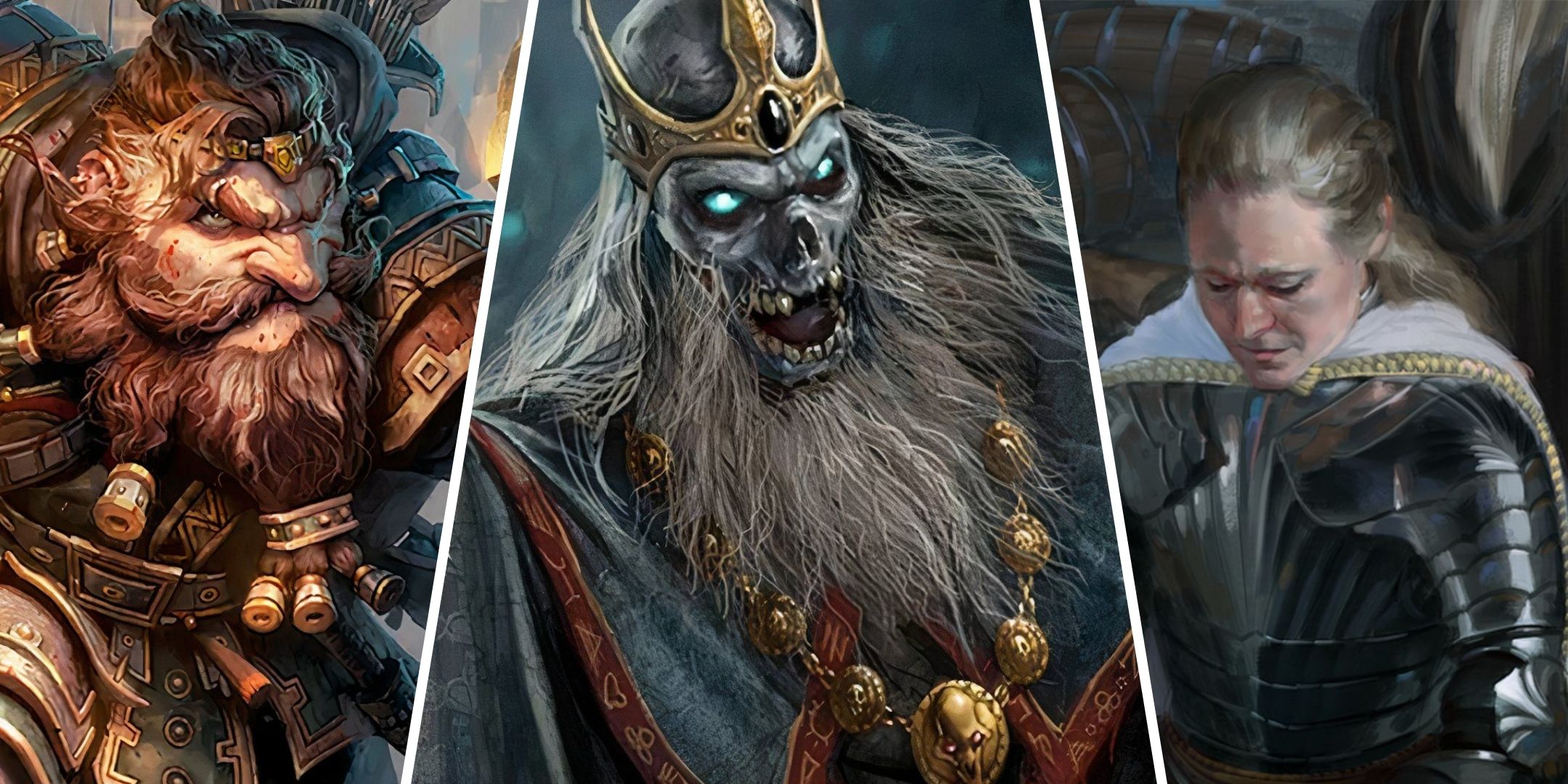
Related
10 Mistakes To Avoid As A New DM In Dungeons & Dragons
Discover beginner tips for new Dungeon Masters in Dungeons & Dragons and avoid common mistakes for better adventures.
Thus, the hardest Dungeons & Dragons classes are those options that have more complex mechanics, where a single character is capable of performing different actions and, therefore, needs to pay attention to avoid getting lost. Additionally, more fragile options in combat are also complicated to play, as any hit taken can mean the character becomes unconscious and faces life-threatening risks.
10
Paladin
Martial Fighter With Access To Spells
- Challenge: Balancing frontline combat with spellcasting and roleplay mechanics.
Although martial classes are relatively easy to play, the paladin is somewhat more complicated in Dungeons & Dragons, mainly because they are considered hybrids. Thus, while they typically lead the frontline for allies in combat, they also have access to some unique spells, which can make it difficult for a novice player to assimilate.
Furthermore, given the unique nature of a paladin and depending on the oath the character has taken, maintaining this roleplay throughout the entire tabletop RPG session can also be challenging. Therefore, due to this mix of combat mechanics and roleplaying, the class is more difficult than a Fighter or Barbarian in Dungeons & Dragons.
9
Rogue
Requires Understanding Of D&D Combat
- Challenge: Mastering Sneak Attacks and positioning during battles.
Rogues in Dungeons & Dragons 5e are among the most popular classes in tabletop RPGs, mainly due to their great potential to result in well-built and interesting characters. However, fully mastering the class concepts requires in-depth knowledge of various game mechanics, especially those related to combat to maximize their potential.
The true power of the rogue lies in Sneak Attacks, which require unsuspecting enemies or nearby allies to be effective. Additionally, when playing with maps, positioning is crucial to avoid unnecessary exposure to danger, especially while abilities like Evasion and Uncanny Dodge, which help mitigate risks, have not been learned by the character.
8
Cleric
A Dungeons & Dragons Class With Many Roles
- Challenge: Managing multiple domains and balancing roles in a party.
For players who enjoy versatile options, the Cleric is an excellent choice, but it is also one of the most difficult classes in Dungeons & Dragons, especially for those starting in tabletop RPGs. This is because they have access to a large number of spells and different domains, allowing them to assume roles as healers, supports, or even frontliners in combat.
Amidst so many options for those beginning to understand the rules of D&D, the character might end up trying to do a bit of everything but not being really good at anything. Thus, players may struggle to make clerics effective during combats, reducing not only the class’s potential but also the group’s overall capability.
7
Ranger
Some Complicated Subsystems To Use
- Challenge: Situational abilities like Favored Enemy can lose effectiveness.
The Ranger class is widely recognized as one of the hardest D&D classes due to its situational abilities. Features like Favored Enemy and Natural Explorer depend on alignment with the campaign’s setting, which can limit their utility. Additionally, the need to balance combat, magic, and survival skills requires extensive knowledge of game mechanics.
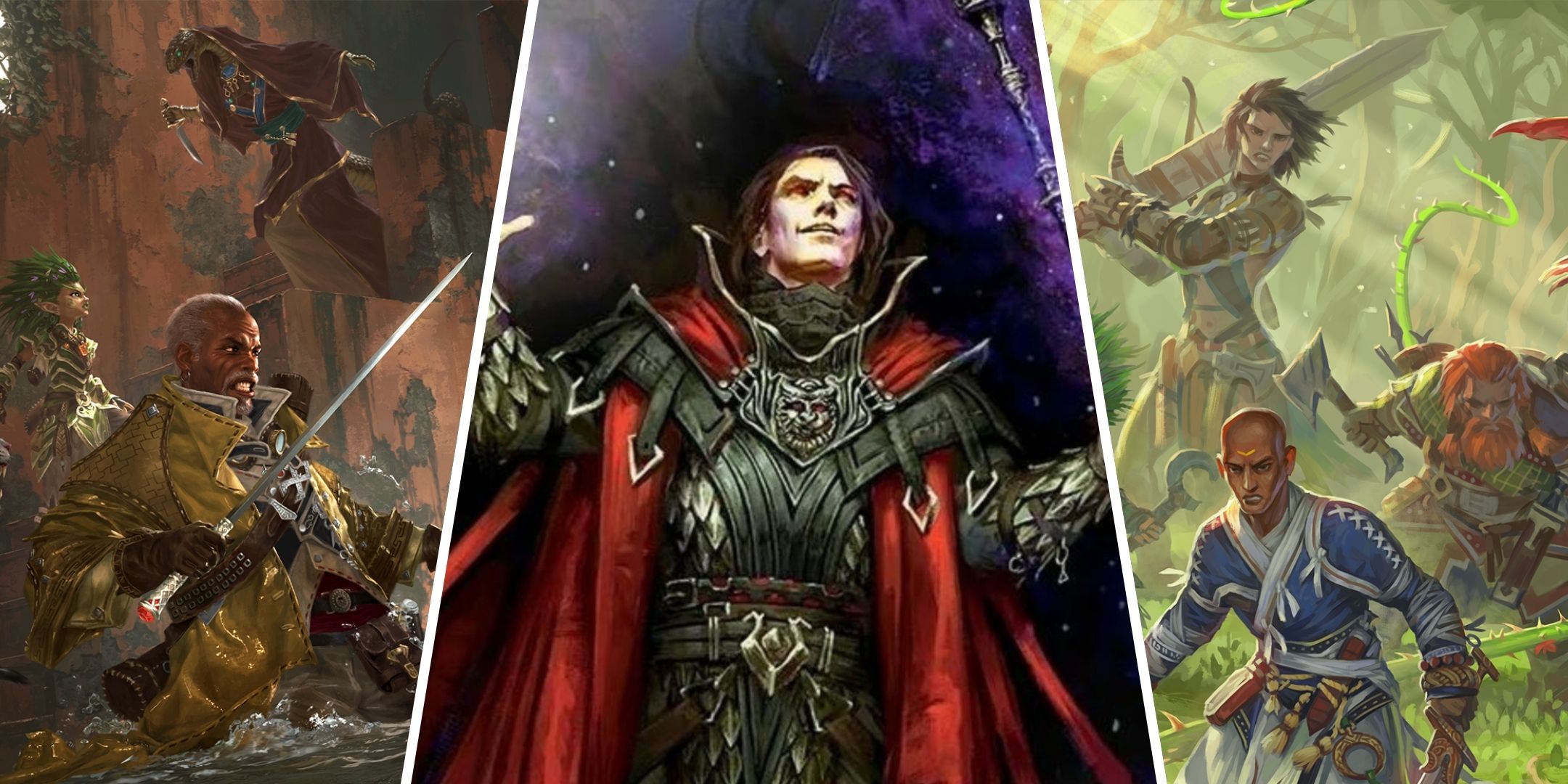
Related
10 Biggest Differences Between Pathfinder 2e And D&D 5e
Discover the main differences between Dungeons & Dragons 5e and Pathfinder 2e, including customization, combat, and gameplay depth.
Another challenge is the dependence on multiple attributes, such as Dexterity, Wisdom, and, in some cases, Strength, making effective point distribution difficult to optimize the build. Furthermore, the Ranger has access to some more complex subclasses, like the Beast Master, which introduce animal companions and require greater management, increasing the necessary knowledge to play the class.
6
Warlock
Limited Access To Spells Can Be Difficult For New Players
- Challenge: Reliance on short rests can leave the party unprepared during prolonged encounters.
Among all Dungeons & Dragons classes, the Warlock has one of the most unique and highly customizable gameplay. Through pacts, patrons, and invocations, characters can be modified in different ways to fit something that pleases the player, and their unique nature opens up a lot of room for roleplaying and interesting stories.
However, mechanically, warlocks are a challenging D&D class to play in Dungeons & Dragons. Since they have limited access to spells, they rely on short rests to recover these slots, but breaks are not always available, especially in some dungeons, making planning essential to avoid running out of important resources during critical moments.
5
Monk
Focus Management Makes This A Difficult Class In Dungeons & Dragons
- Challenge: Effectively balancing mobility and Ki Points during combat.
Another martial class that is quite complicated to play effectively is the Monk in Dungeons & Dragons. This is because they depend on multiple attributes to function effectively, such as Dexterity, Wisdom, and Constitution. This requirement makes distribution and progression more challenging compared to other classes in the game, which typically rely on just one or two attributes.
Additionally, the Monk has access to a Focus Points mechanic, formerly Ki Points, which enhances the potential of most of their special abilities. However, it is a limited resource that needs to be used intelligently to explore the full potential the class has to offer. Similarly, their great mobility can also be a trap for novice players in D&D.
4
Druid
Option Has Many Mechanics Available To Use
- Challenge: Managing Wild Shape forms and selecting effective spells for combat.
Due to the mechanical complexities the class possesses, Druids in D&D 5e are one of the most challenging classes to utilize in the game. With access to a wide variety of spells, careful selection of options is necessary. Additionally, their Wild Shape ability requires detailed knowledge of various creatures’ statistics.
Another aspect that increases difficulty is the versatility of druids. They can act as healers, crowd controllers, or even take on combat roles in animal form. This multiplicity of roles demands that the player has a comprehensive understanding of the mechanics and can adapt quickly. For many, this can be a rewarding experience but also quite challenging.
3
Bard
Versatility And Roleplay Are Challenges For Players
- Challenge: Balancing Bardic Inspiration usage with creative roleplay expectations.
The Bard shines in Dungeons & Dragons thanks to its adaptability, mixing support abilities and charisma equally. However, their variety of spells and talents can be intimidating for beginner players, especially due to the need to balance Bardic Inspiration with social and combat contributions. This requires constant attention and a good reading of the group’s needs.
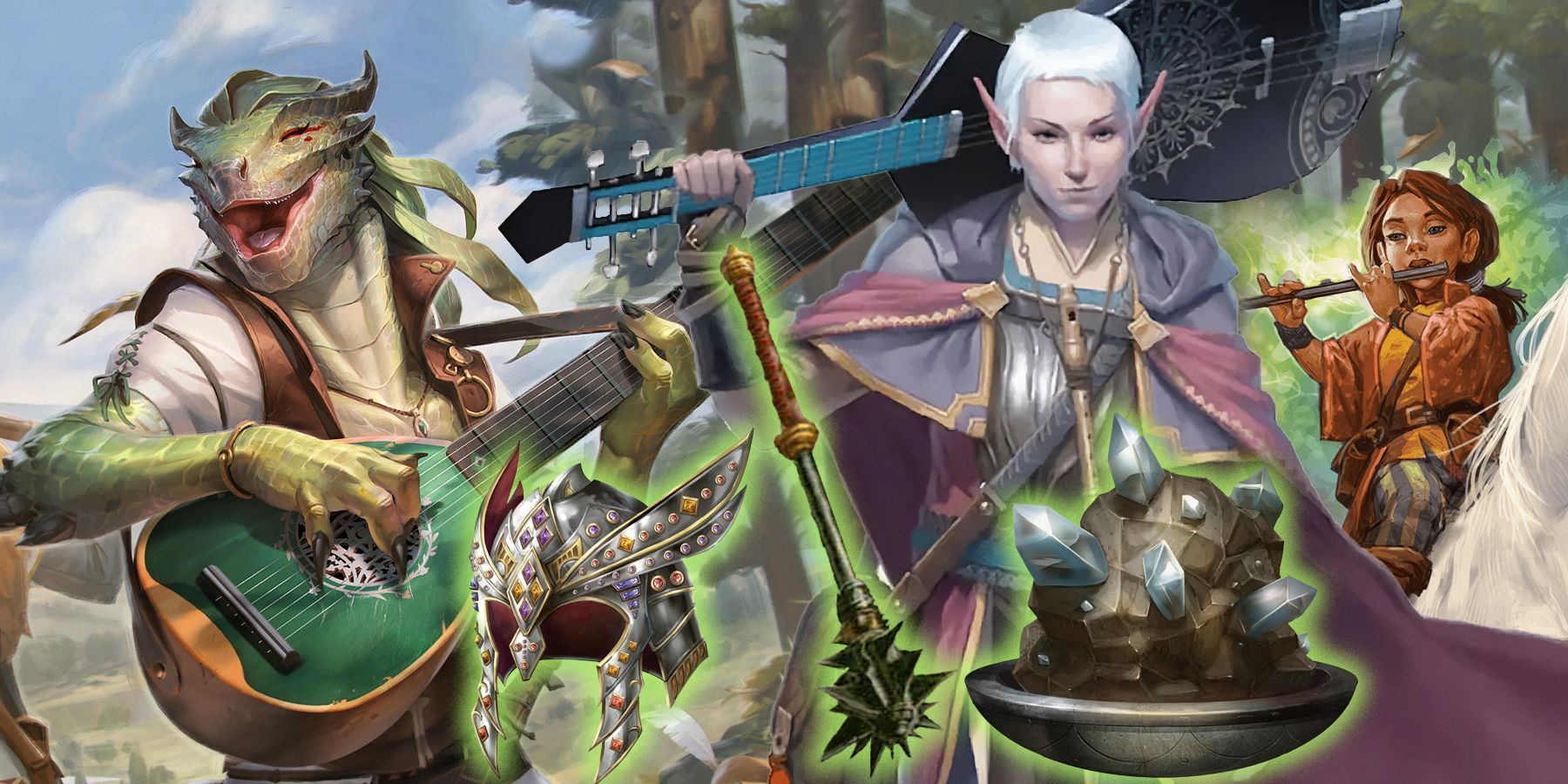
Related
Dungeons & Dragons 5e: Best Magic Items For Bards
Bards in Dungeons & Dragons 5th edition need magical items that’ll complement their inherent abilities, which means more than just a new lute.
Moreover, the Bard’s social identity often includes expectations of creative roleplaying, whether as a charming artist or a persuasive strategist. This duality between performance and functionality can be an obstacle for those still learning the rules or not comfortable with the role. Planning and a clear understanding of their capabilities are essential for good performance.
2
Sorcerer
Metamagic Is A Difficult Mechanic To Understand
- Challenge: Managing limited spell slots and balancing Sorcery Points with Metamagic.
Sorcerers stand out for their innate and versatile magic, but the use of Metamagic adds a layer of complexity to the game. Adjusting each spell with options like Quicken Spell or Twin Spell requires caution and knowledge of the rules. For beginners, balancing the use of Sorcery Points and spell slots can quickly become challenging.
Many Sorcerers also face difficulties in choosing spells due to their relatively short list, making each decision even more impactful. Metamagic options like Empowered Spell can save the group in crucial battles but will require meticulous mastery of available synergies. Thus, the learning curve involves studying the potential of each combination and knowing the exact moment to use them.
1
Wizard
Early Game Makes The Class Difficult To Play
- Challenge: Surviving early levels with low health and optimizing spell preparation.
Known for their high damage potential, Wizards have great difficulty surviving the early levels of Dungeons & Dragons. With few Hit Points and almost no protection, they become easy targets for stronger enemies. Learning to position and take cover is fundamental to survive until acquiring more advanced spells and resources.
Another critical point for Wizards is spell management. Deciding which spells to prepare each day can seem like a complex task, as poorly calculated choices can hinder the entire team. However, as the player better understands spell combinations and the right moment to cast spells, the Wizard transforms into one of the most powerful and strategic classes in the game.
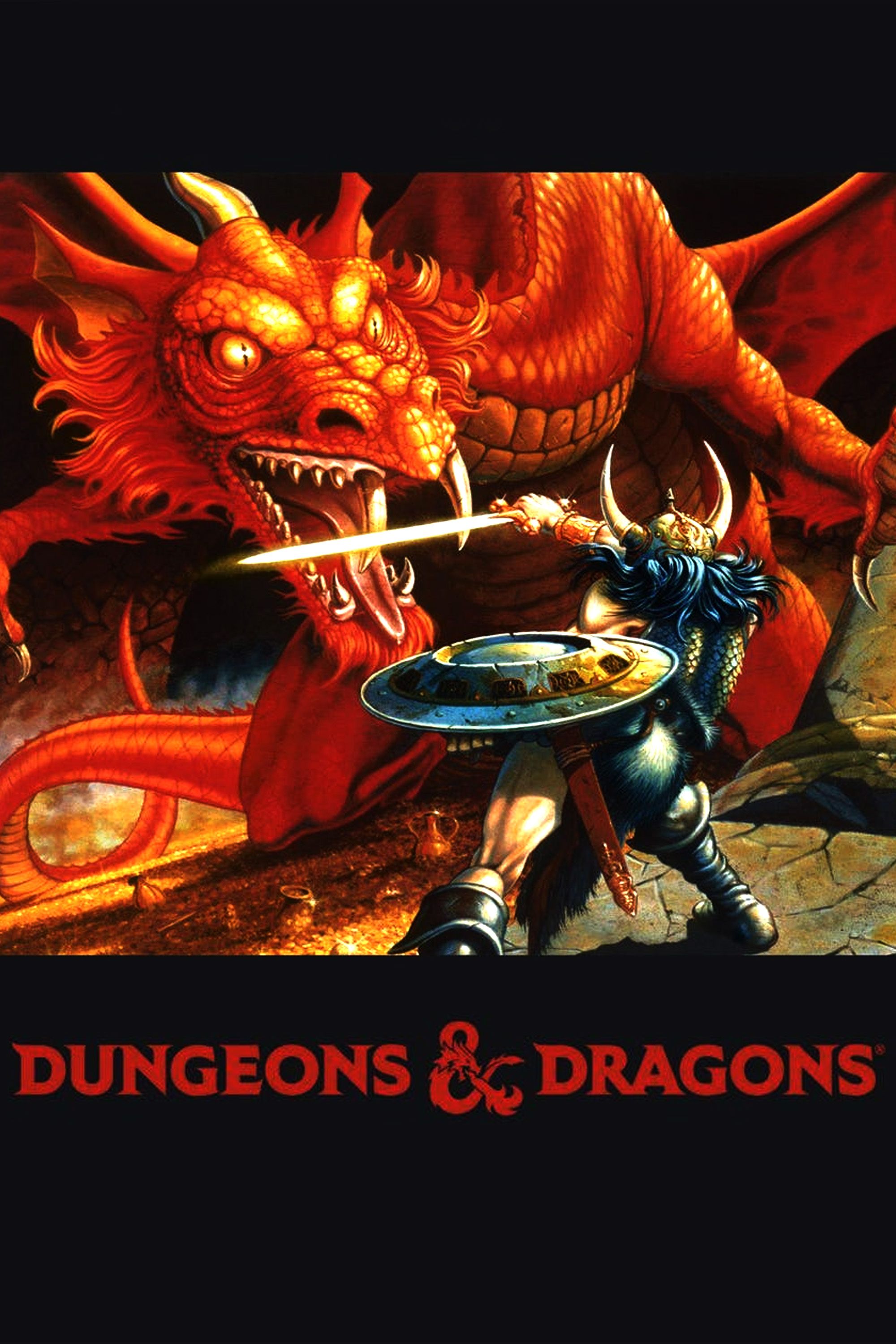
Dungeons and Dragons
- Franchise
-
Dungeons & Dragons
- Original Release Date
-
1974-00-00
- Designer
-
E. Gary Gygax , Dave Arneson
Source link
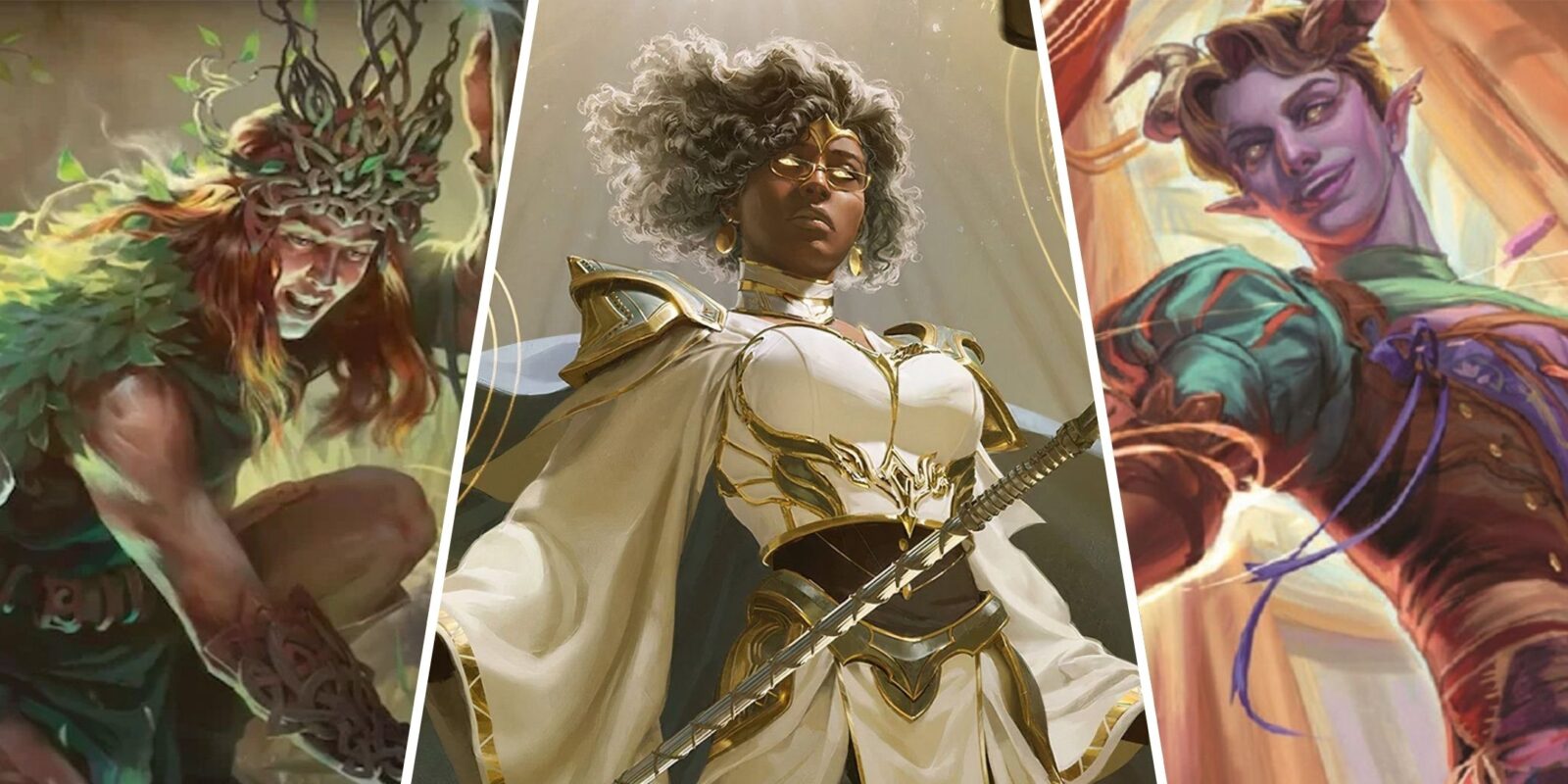
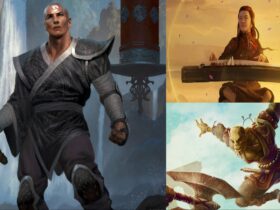
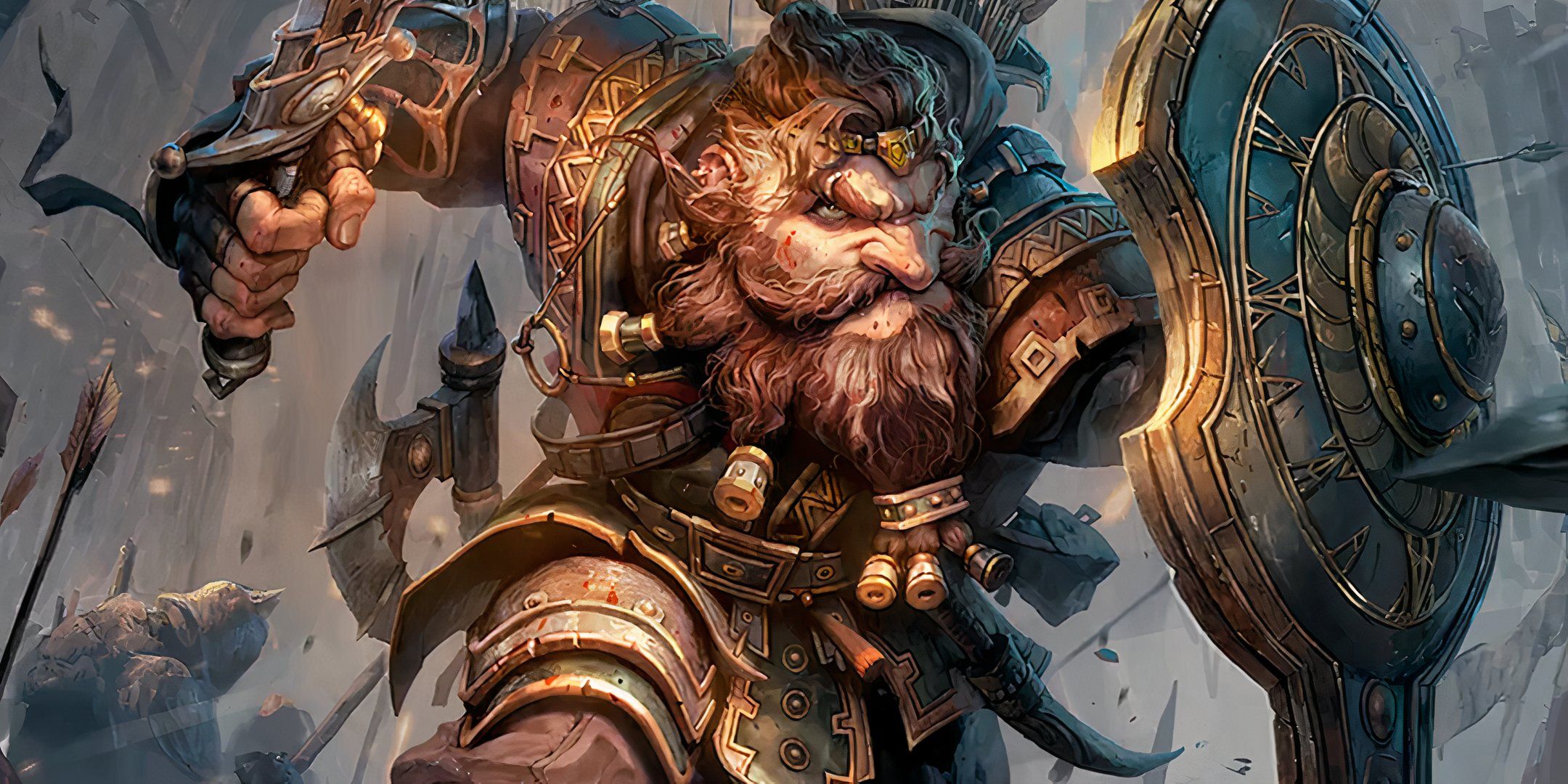
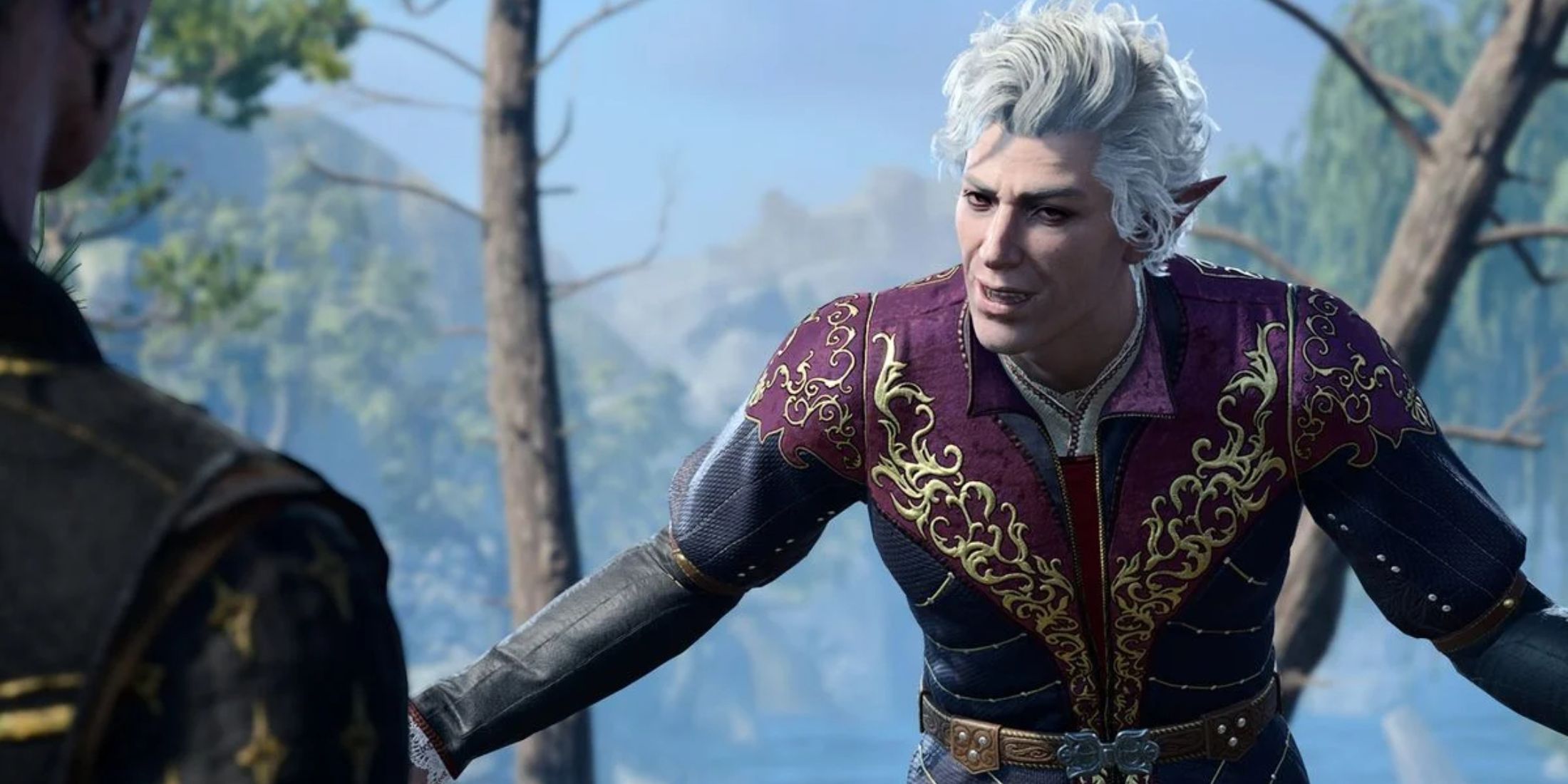
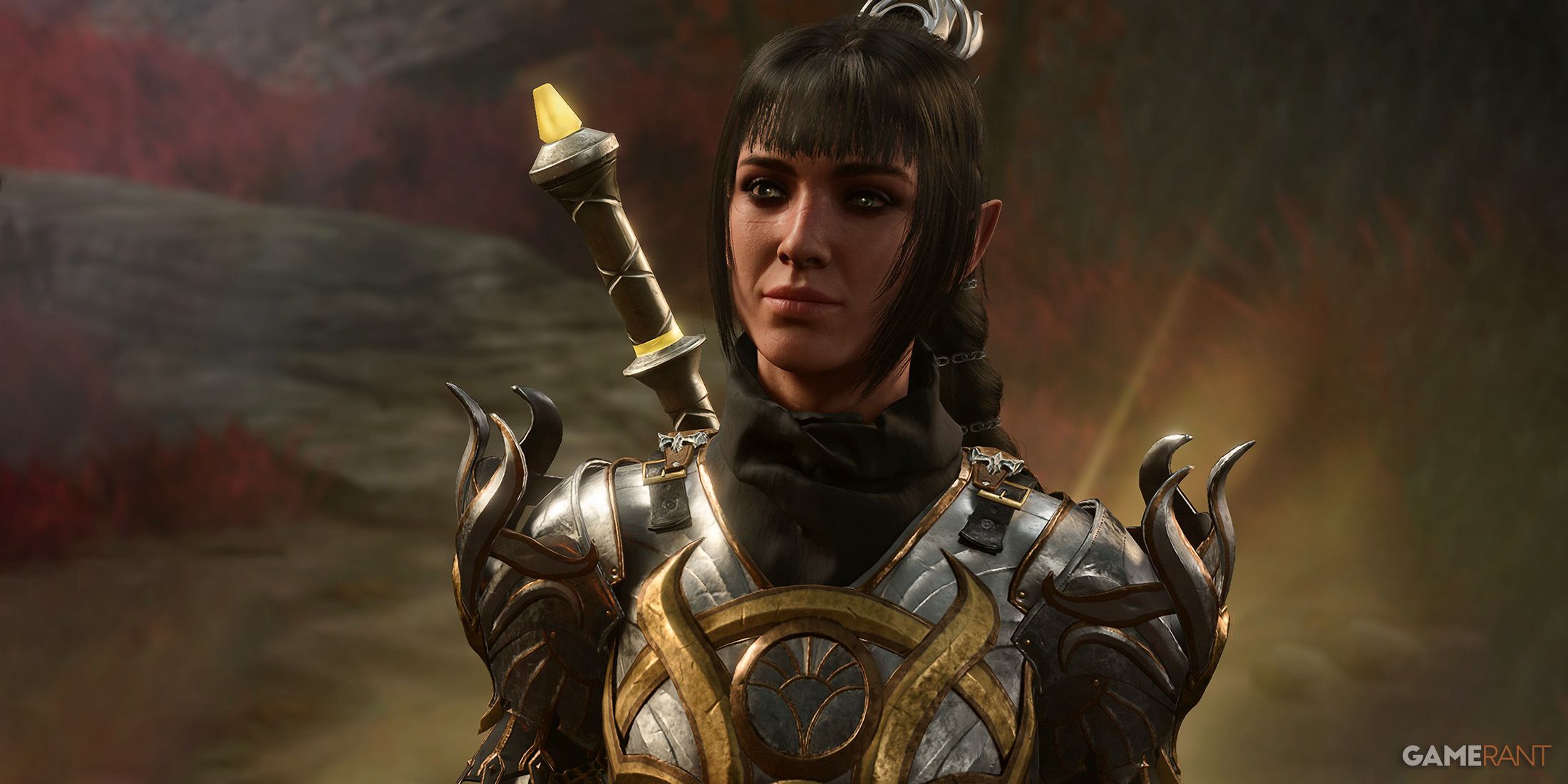
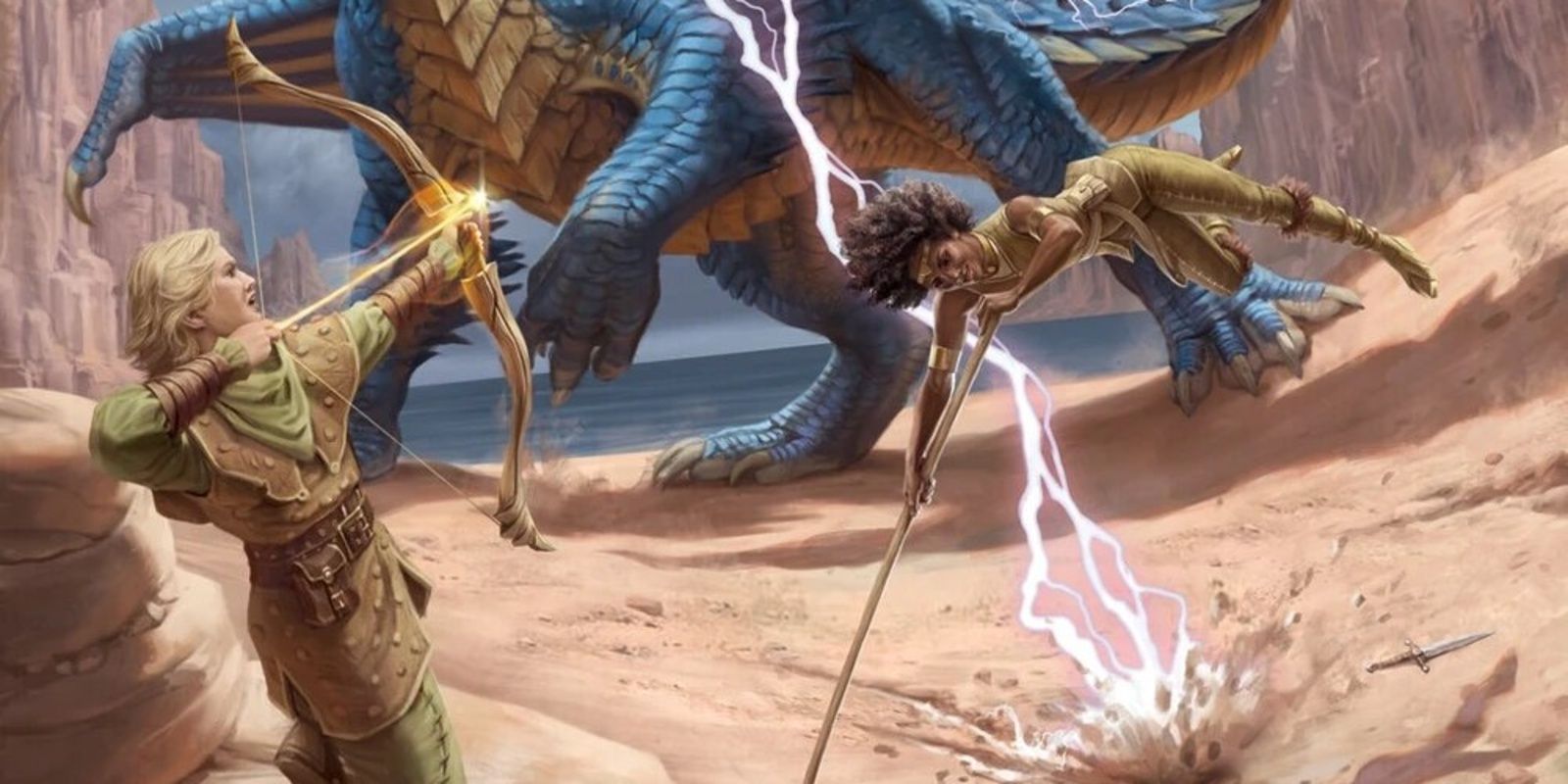
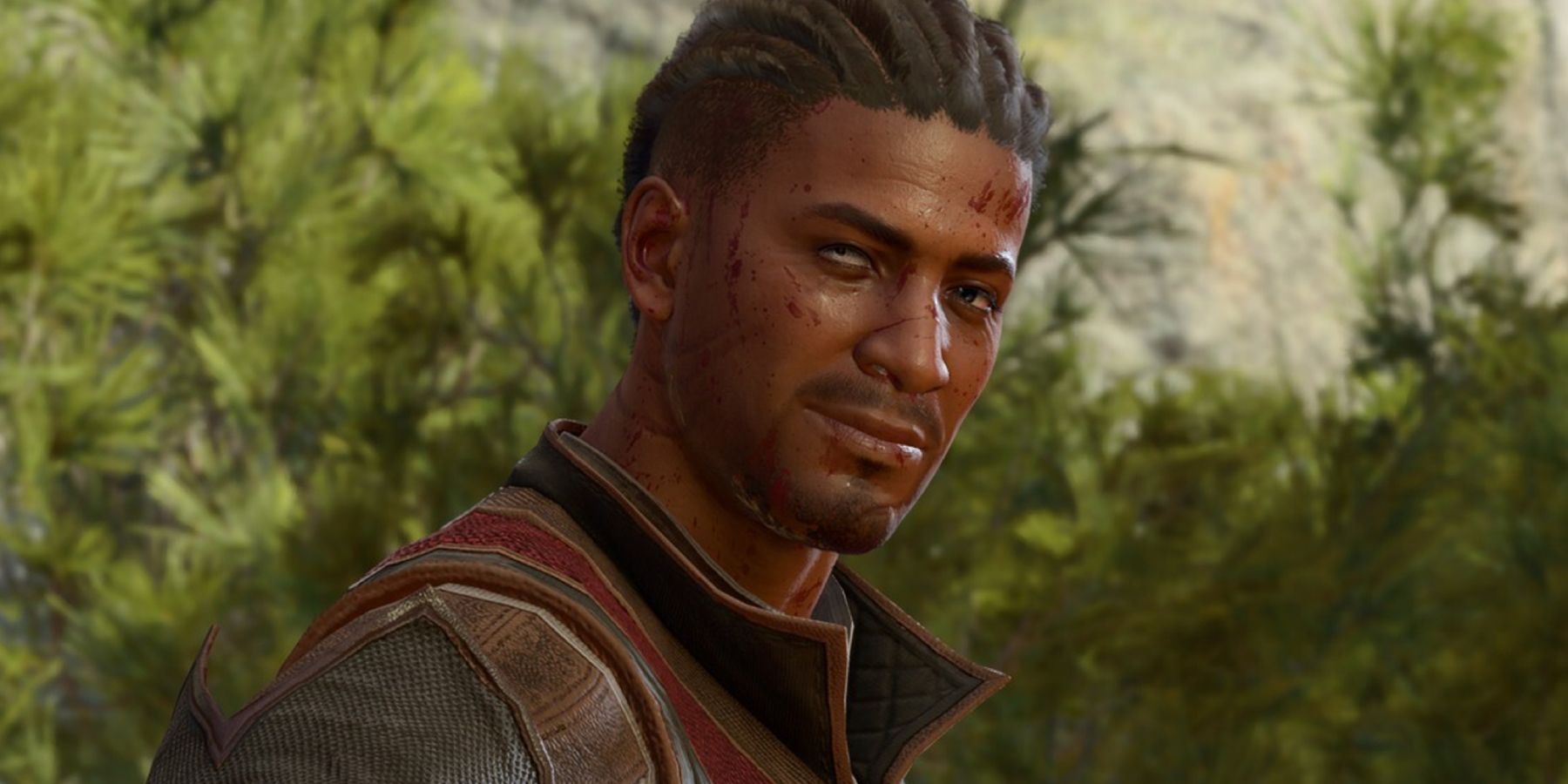
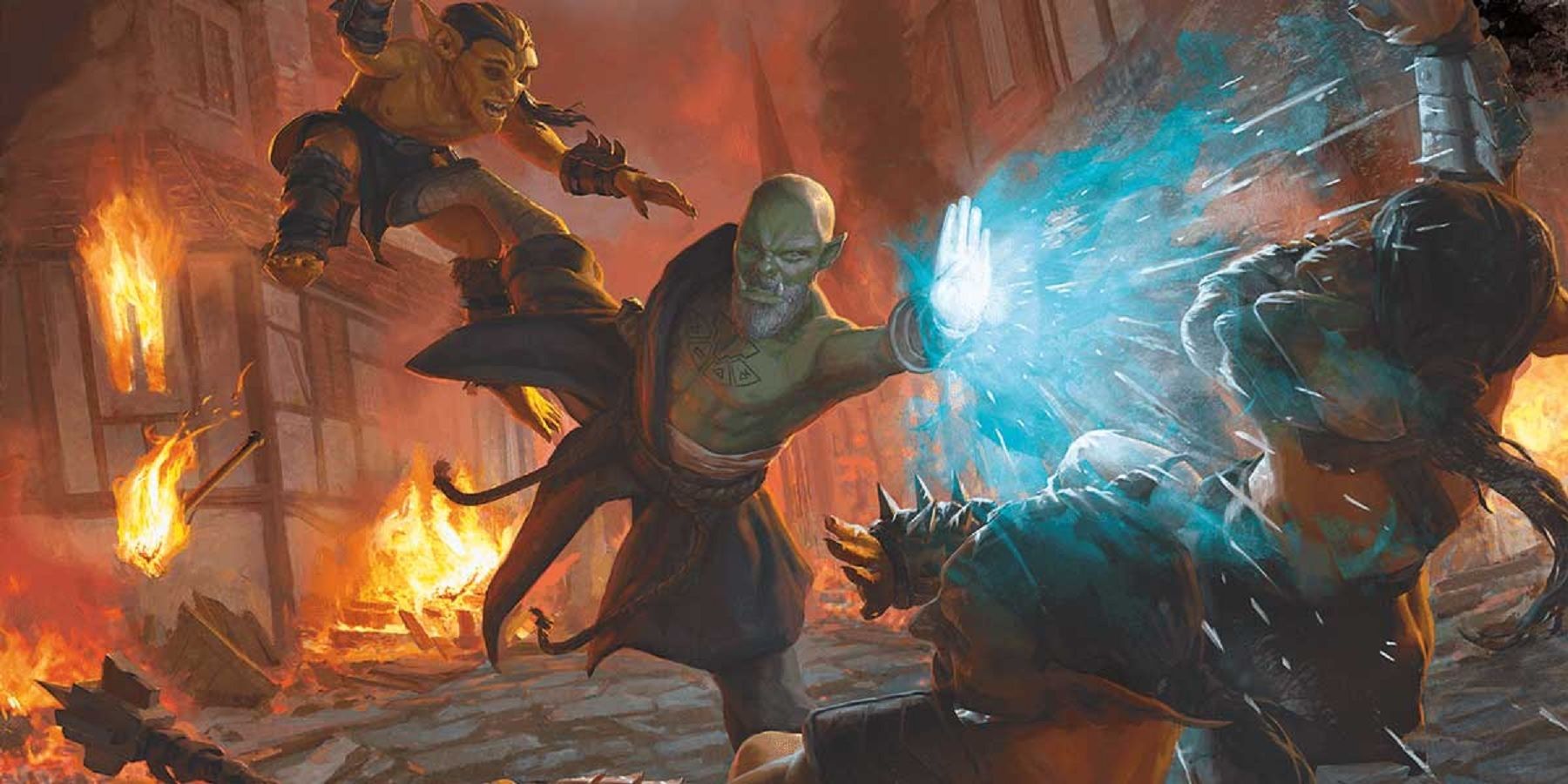

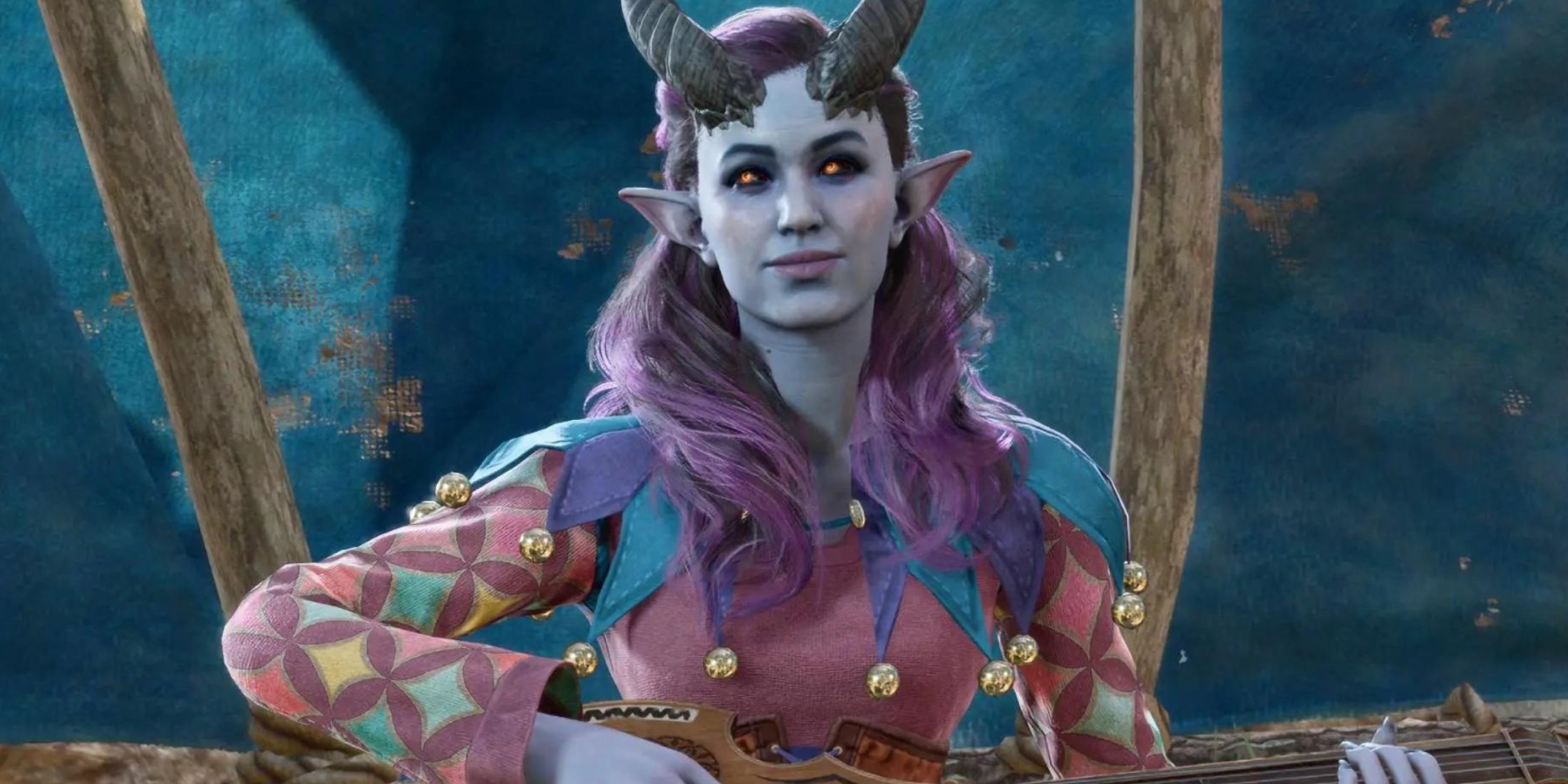
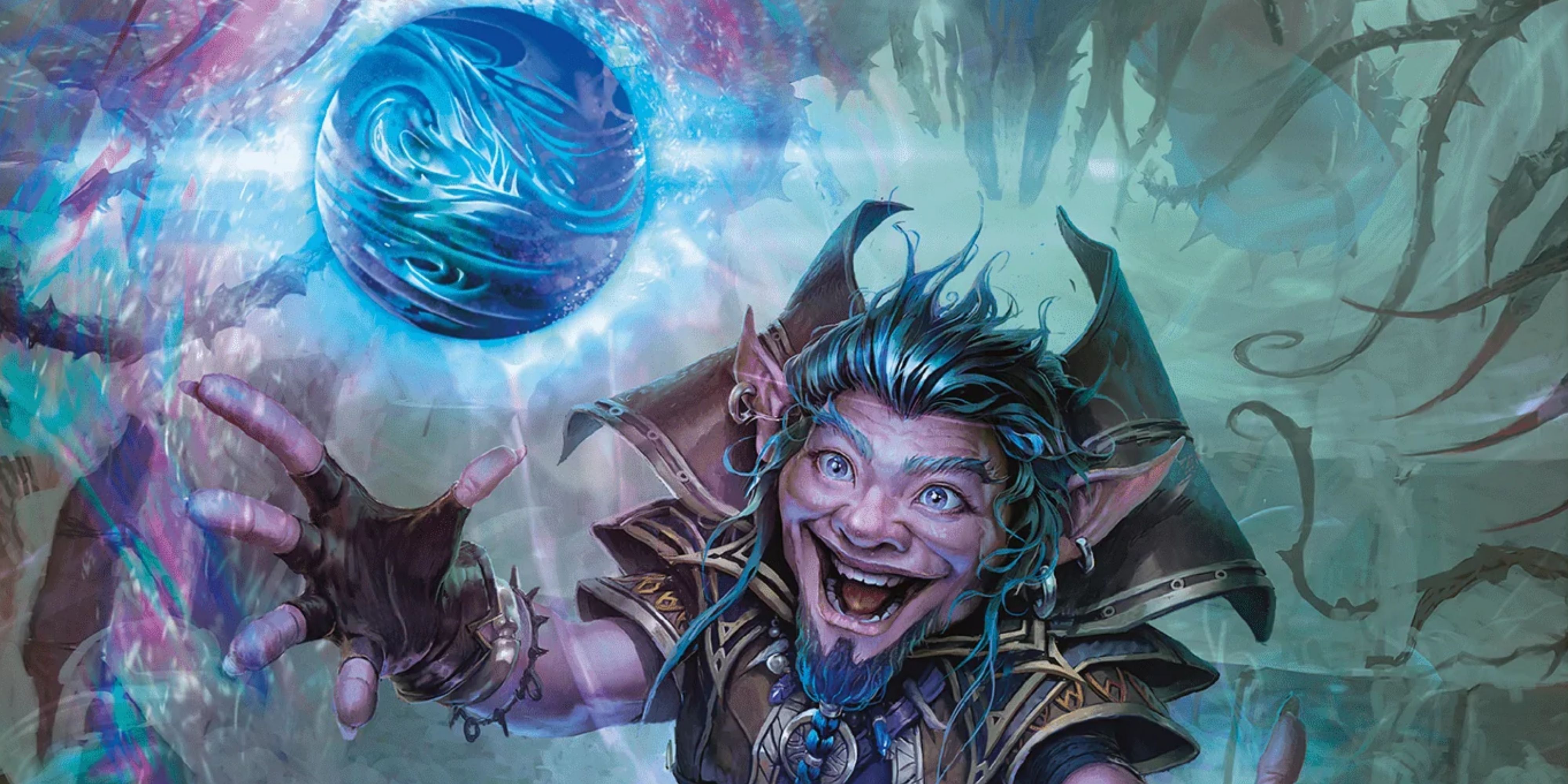




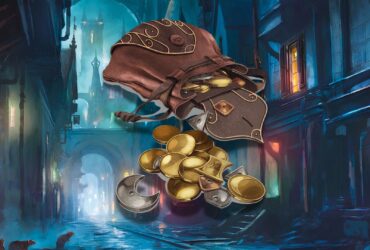

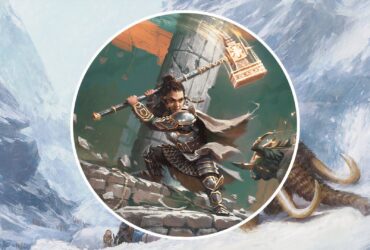
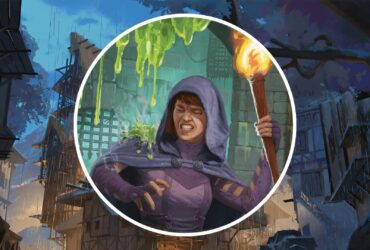

Leave a Reply